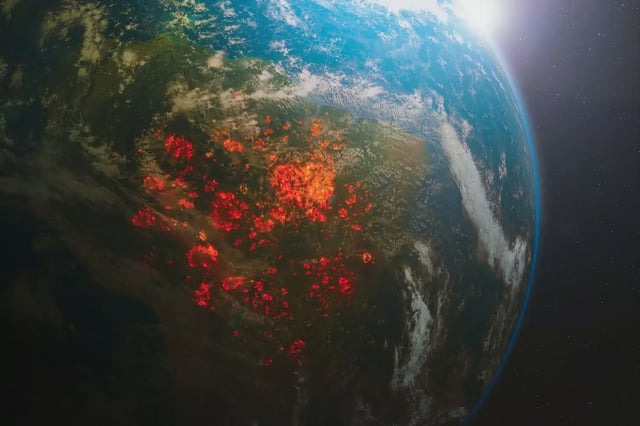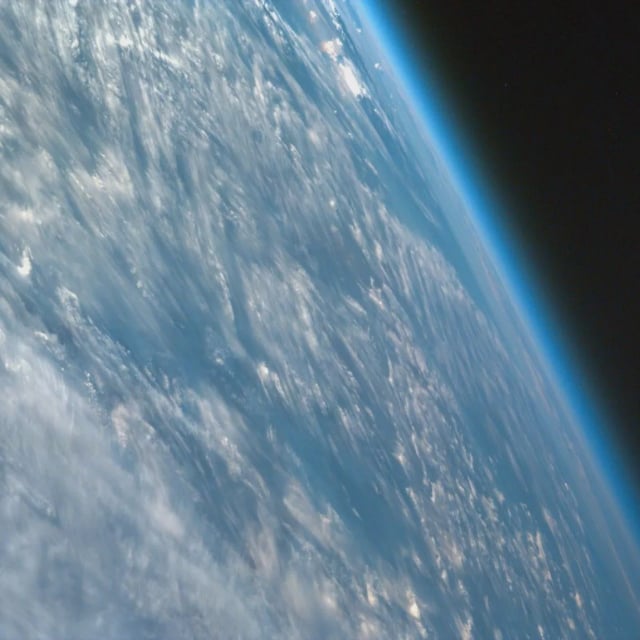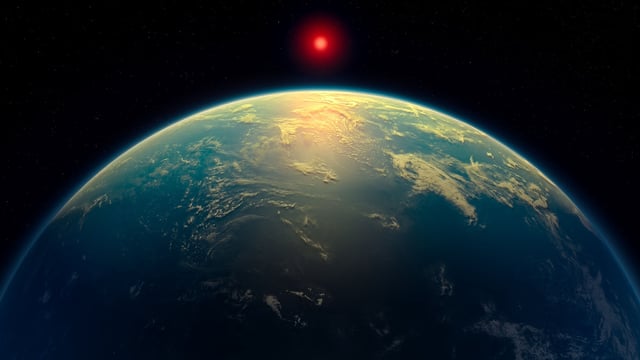Overview
- A collaborative study by NASA and Toho University confirms Earth's oxygen-rich atmosphere will last only about one billion more years before deoxygenation begins.
- Increased solar luminosity will disrupt the carbon cycle and hinder photosynthesis, leading to a steep decline in oxygen levels over time.
- Post-deoxygenation, Earth's atmosphere will resemble its ancient state, with high methane, low carbon dioxide, and no ozone layer, making it inhospitable to complex life.
- Only anaerobic microbes, which do not rely on oxygen, are expected to survive after oxygen levels fall below viable thresholds.
- The study challenges the use of oxygen as a definitive biosignature for life on exoplanets, urging researchers to consider alternative markers.


